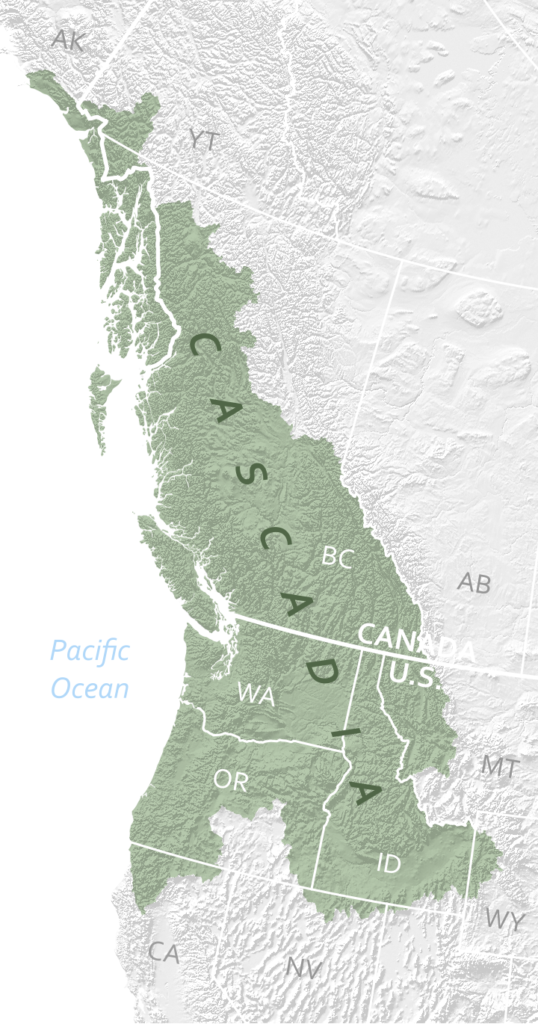INSTITUTE ORIGINS
Rationale
Humanity faces an array of grave, long-term challenges, now often labelled “global systemic risks.” They include climate change, biodiversity loss, pandemics, widening economic inequalities, financial system instability, spreading populist authoritarianism, pernicious social impacts of digitization, large-scale forced migrations, and an escalating danger of nuclear war. Compared to humanity’s situation even two decades ago, most of these risks appear to be increasing in severity more quickly than before, while the crises they generate are more often happening simultaneously.
Researchers around the world are increasingly warning that these systemic risks have amalgamated into a “polycrisis”—a situation where crises in multiple global systems have become causally entangled in ways that significantly degrade humanity’s prospects.
Public and private sector leaders, policymakers, and activists working on specific systemic risks often cannot see the dangers emerging from interactions among multiple systems—nor the full landscape of opportunities for positive change. They are deeply embedded in their work, under constant deadline pressure, and confronted with complex, rapidly evolving, and inadequately understood strategic environments. As a result, they tend to become locked into patterns of problem solving that favor incremental, siloed solutions. While such solutions might be poltically, economically, or technologically feasible, they are rarely enough.
Founded in 2020 by Dr. Thomas Homer-Dixon—one of the world’s leading experts on the intricate links between nature, technology, and society—the Cascade Institute is designed to fill these knowledge gaps. It identifies potential crises on the horizon and intervention points that, if effectively exploited, could shift global civilization away from calamity and towards fair and sustainable prosperity. And it provides frontline leaders with the analysis and tools they need to influence the complex conditions in which they operate, rank their priorities, and maximize their impacts.
Why "Cascade"?
The Cascade Institute draws its name and vision from two inspirations: the Cascadia bioregion where the Institute is located, and the concept of cascading system change in the field of complexity science.
The Cascadia bioregion lies in coastal northwestern North America, from the “Copper River in Southern Alaska to Cape Mendocino in northern California, and east as far as the Yellowstone Caldera and continental divide.” It extends across a host of national and sub-national boundaries, thus linking diverse economic, social, and cultural systems with the region’s extraordinary physical geography, climate, watersheds, plants, and animals. Culturally, the people who call the region home possess a strong, conscious relationship with the natural world in which they live—making Cascadia a valuable testbed for innovation and experimentation around sustainable development. Although the Cascade Institute resides within the human and natural systems on Vancouver Island, its researchers extend their studies across local, regional, and global scales to find creative solutions to humanity’s common problems.
The term “cascade” is also a tip of the hat to the Institute’s use of complexity science in its work. Complex systems are characterized by disproportionate causation. Small changes in a complex system can sometimes reach one or more “tipping points,” producing cascades of additional changes—as we see with falling dominos—that cause the whole system to suddenly shift or “flip” to another, and possibly radically different, equilibrium or stable state.
We tend to assume that such cascades are pernicious—that is, harmful in some way—as is the case when fertilizer pollution causes a lake to suddenly fill with toxic algae or leveraged speculation causes a financial system to crash or, as could be the case in the future, when climate change causes a series of crises in humanity’s global food systems. But cascades can also be virtuous or broadly beneficial, as was true with the sequential collapse of the Soviet east-bloc regimes thirty years ago (despite the reversion of those societies to strong-man rule more recently), or the relatively sudden shifts in public attitudes towards smoking and gay marriage in many societies.
Today, Institute researchers are looking for interventions in worldviews, institutions, and/or technologies in Canada and globally that could trigger virtuous cascades in response to humanity’s critical problems.


